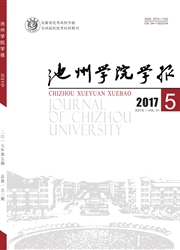

 中文摘要:
中文摘要:
清代以降,意识形态的变化逐渐深入至中国基层社会,有力的挑战了地方士绅与知识分子原本的家族认识体系。安徽绩溪作为近代中国早期开放区域的延伸,这种挑战此时已然出现。家谱为传统家族社会意识形态的集成,不可避免对这种挑战有所反映,并在家谱谱序中表现出来。这些基层社会统治阶层所撰写的谱序直接代表了基层社会运行机制的应对,并从侧面反映出的当时基层社会深层的复杂变化。
 英文摘要:
英文摘要:
After the end of Qing dynasty,ideological changes gradually went deep into Chinese society,powerfully challenged the local gentry and intellectual's family recognition system. Jixi as an extension of the early open areas in modern China,the challenge has emerged at this time. As the integration of traditional family social ideology,family tree inevitably reflected this kind of challenge,and displayed in the genealogy spectrum sequence. Spectrum sequence by the grass-roots society ruling class directly represented the grassroots social operation mechanism,and reflected deeply complex changes.
 同期刊论文项目
同期刊论文项目
 同项目期刊论文
同项目期刊论文
 期刊信息
期刊信息
